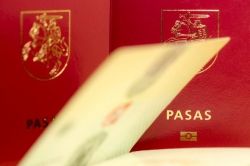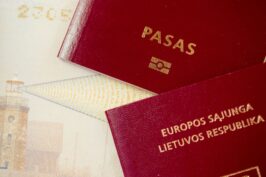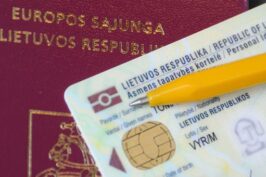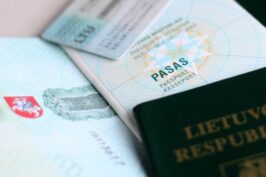- Home
- Lithuanian citizenship for persons, who departed from Lithuania to Canada, and for their descendants
Lithuanian citizenship for persons, who departed from Lithuania to Canada, and for their descendants
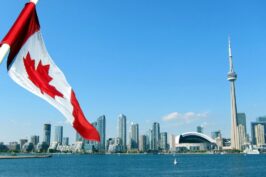
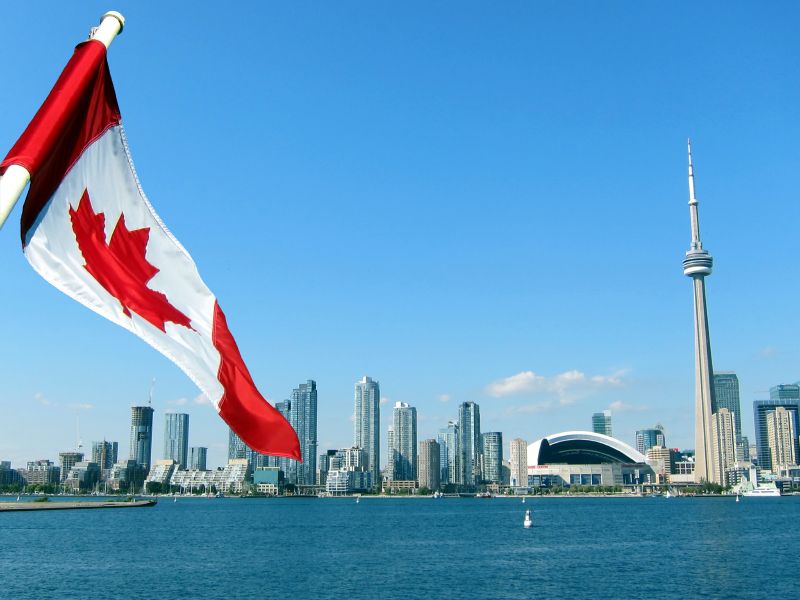
Lithuania has experienced four major waves of emigration from Lithuania. Emigration of Lithuanians was influenced by different causes, both economic, historical and political.
The major waves of emigration from Lithuania are the following:
1) Economic emigration at the end of the 19th century and the beginning of the 20th century;
2) Emigration from Lithuania during the period 1920-1940;
3) Emigration of political refugees, who moved from Lithuania at the end of World War II (Displaced Persons);
4) Contemporary emigration from Lithuania.
A large Lithuanian emigration to Canada occurred during the period of the second and third wave of emigration. During the period of 1920-1940, emigration of Lithuanians to Canada was mostly influenced by economic reasons, however, in certain cases emigration was also influenced by political and historical motives.
At the end of World War II, emigration of Lithuanians to Canada was influenced by historical and political circumstances: World War II, its outcomes, Lithuanian occupation. Lithuanians as political refugees receded to DP camps, wherefrom they were further transferred to regions of independent countries, including Canada. Most Lithuanians settled down in German DP camps, also, in Austrian DP camps, where political refugees were protected by international organizations UNRA and IRO, which took care of the relief, placement of war refugees and later on of their further emigration. All persons who moved from their countries were named by the term Displaced Persons. A huge part of Lithuanian emigrants departed to Canada during this period.
During years 1948-1950, Lithuanians from German and Austrian DP camps spread all over the world: a small part of Lithuanians left in Europe (the Great Britain, Germany, Austria), the huge wave of Lithuanian emigrants settled down in the United States of America, the rest part – in Canada, Australia, South American countries.
Lithuanians who emigrated to Canada used to acquire citizenship of Canada, their children, grandchildren and great-grandchildren in most cases became citizens of Canada. In order to maintain a legal relationship with Lithuanian emigrants, Lithuania has the institute of reinstating the Lithuanian citizenship, which entitles a person who held Lithuanian citizenship before 15.06.1940 and departed from Lithuania before 11.03.1991, to reinstate citizenship of Lithuania (dual citizenship). Descendants of this person (children, grandchildren, great-grandchildren) can also use the possibility of reinstating the Lithuanian citizenship.
In accordance with Lithuanian Law on Citizenship, persons who held citizenship of Lithuania before 15.06.1940 and their descendants, who have not acquired citizenship of Lithuania before the entry into force of this law, shall have an indefinite right to reinstate citizenship of Lithuania, irrespective of whether they are permanently resident in Lithuania or in any other state.
Article 7 of Lithuanian Law on Citizenship provides for cases when Lithuanian citizenship can be reinstated without renouncing the held citizenship of foreign country. It is stipulated in this article that a citizen of Lithuania may be a citizen of another state at the same time, provided he is a person who departed from Lithuania before 11.03.1990 or is a descendant of such person.
Taking into account such provisions of Lithuanian Law on Citizenship, in order to restore the Lithuanian citizenship without renouncing the held citizenship of foreign country, it is necessary to prove the following main circumstances:
- Lithuanian citizenship before 15.06.1940;
- Departure from Lithuania before 11.03.1990;
- Other circumstances (relationship, change of name, surname, etc.).
MIGRATION LAW CENTER
